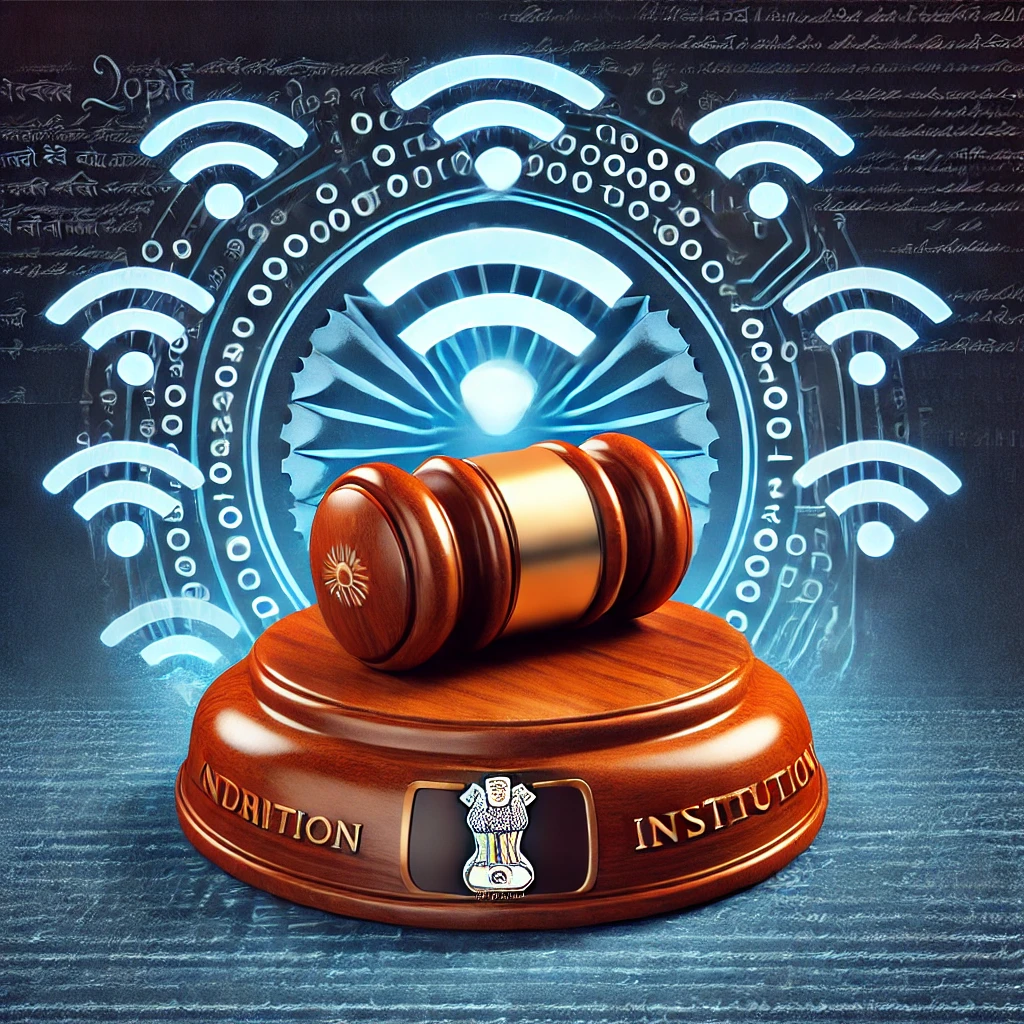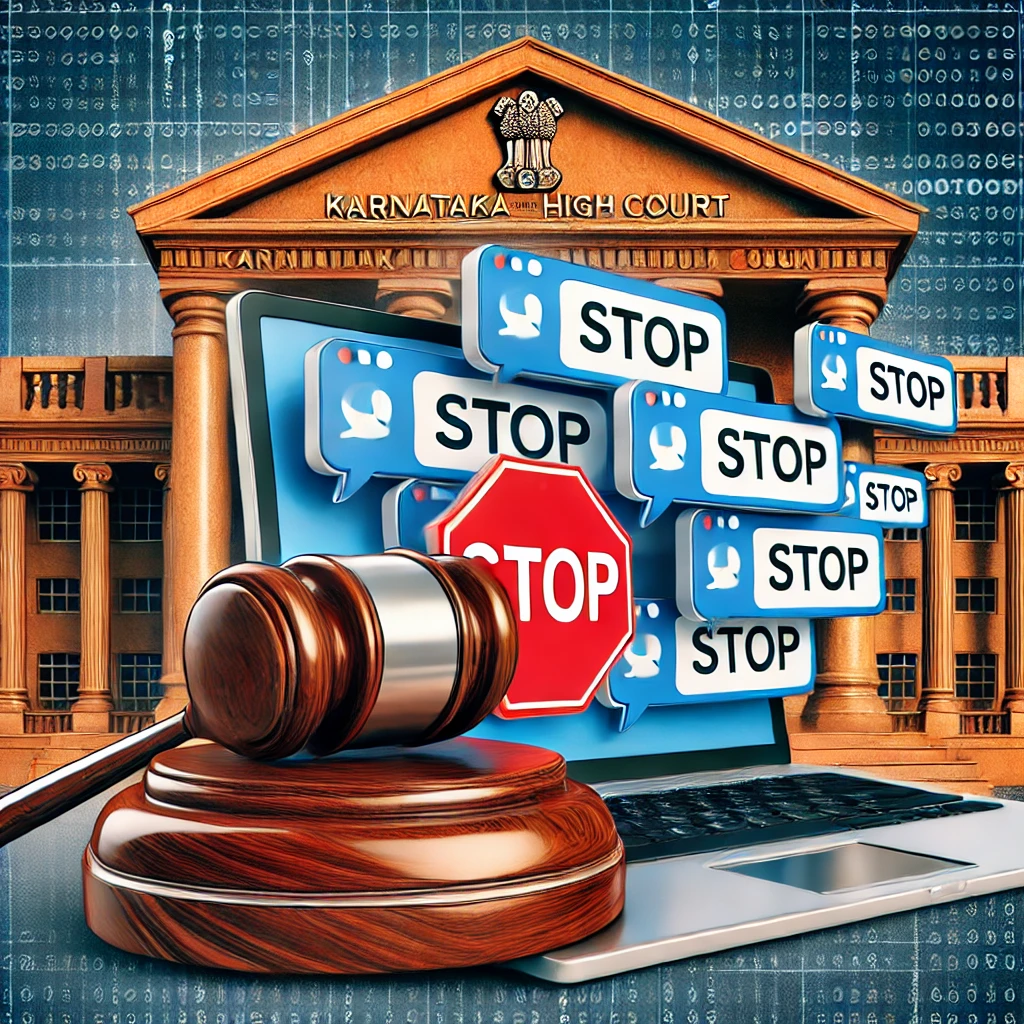Media laws at New Zealand
New Zealand's media laws are designed to uphold freedom of expression while ensuring content standards, protecting individuals from harm, and promoting a diverse media landscape. Here's an overview of the key regulatory frameworks and bodies:
📜 Legal Framework
Broadcasting Act 1989:This foundational legislation established the Broadcasting Standards Authority (BSA) and NZ On Air, setting standards for broadcasting and funding public content
Harmful Digital Communications Act 2015:Addresses online bullying, harassment, and digital abuse. It empowers Netsafe to process complaints and provides penalties for offenders
Copyright Act 1994:Governs copyright laws in New Zealand, granting exclusive rights to creators and regulating the use of their works
🏛️ Regulatory Bodies
Broadcasting Standards Authority (BSA) An independent Crown entity that develops and upholds broadcasting standards for radio and television. It handles complaints related to offensive content, accuracy, fairness, and privacy
NZ On Air An autonomous Crown entity responsible for funding public broadcasting content across television, radio, and other media platforms. It supports New Zealand independent producers and promotes local content
Department of Internal Affairs (DIA) Oversees media and online content regulation, including the Films, Videos, and Publications Classification Act 1993 and the Broadcasting Act 1989. It also manages the Safer Online Services and Media Platforms review
📰 Recent Development
New Zealand is advancing the Fair Digital News Bargaining Bill, which mandates digital platforms like Google and Meta to compensate media companies for news content. This legislation aims to ensure fair revenue sharing between tech companies and news media, similar to Australia's 2021 digital bargaining law




















0 comments